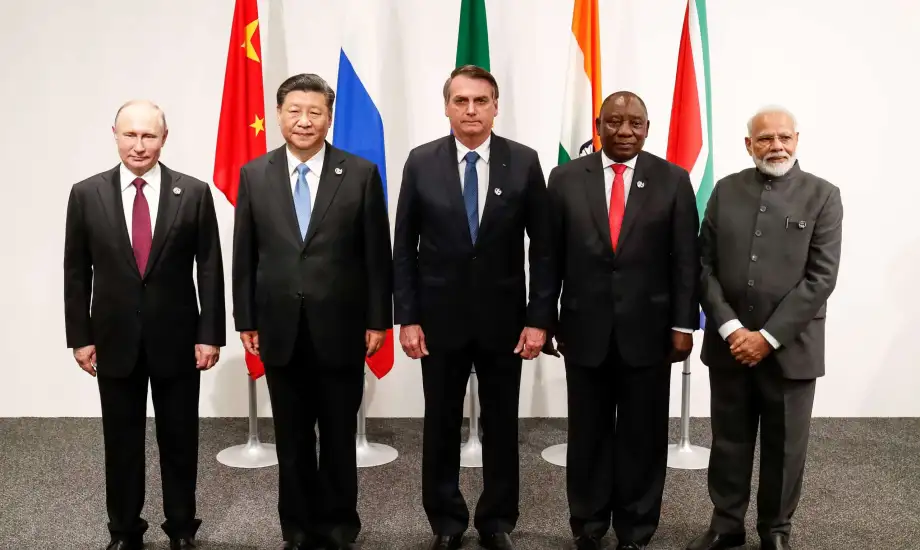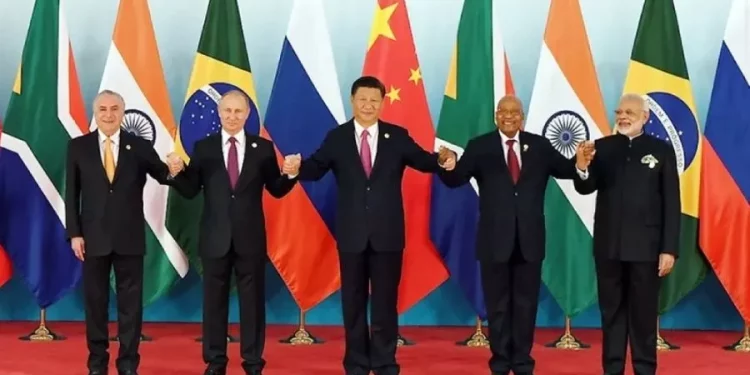BRICS Economies Reportedly Collaborating to Develop New Currency
According to reports, the emerging markets created by Goldman Sachs economist Jim O’Neill, known as BRICS – Brazil, Russia, India, China, and South Africa – are said to be working together on developing a new form of currency. A top Russian official has hinted that the new development is expected to be discussed at the next BRICS leaders’ summit, as reported by Bitcoin.com on Sunday.
Alexander Babakov, the deputy chairman of the Russian State Duma, has revealed that Russia is planning to introduce a new currency at the upcoming BRICS leaders’ summit in August. The move comes after Russia has faced economic sanctions from the West over its involvement in the Ukraine conflict. The first step towards the transition to settlements in national currencies has been taken and the next step is to provide circulation of digital or any other form of a fundamentally new currency in the nearest future. The project for the new currency will be presented at the summit, Babakov announced on Thursday at the India-Russia Business Forum in New Delhi.

St. Petersburg International Economic Forum 2023 Kicks off International Events; BRICS Expansion Discussed by Top Russian Official
The official stated that the readiness to realize the project will be announced at the upcoming BRICS leaders’ summit, with several countries expressing interest in joining the economic bloc. South Africa will host the next BRICS summit in August. Additionally, Bitcoin.com reported that a unified currency, potentially backed by gold or other commodities, was discussed as a possibility within BRICS.
India-Russia Business Forum: Babakov Proposes New Economic Association with Shared Currency
At the India-Russia Business Forum on Thursday, Babakov emphasized the need for India and Russia to establish a new economic association with a shared currency. He stated that New Delhi, Beijing, and Moscow are leading the way in instituting a multipolar world, endorsed by the majority of governments. Babakov proposed that the new currency should be based on a strategy that does not defend the US dollar or euro, but rather promotes shared objectives.
















